detail profile vladimir oble c5 a1 c4 8duk
Peran Yang Di Mainkan Vladimir Obleščuk
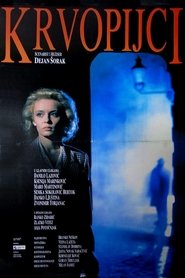 The streets of Zagreb are empty...
The streets of Zagreb are empty...Bloodsuckers 1989
The streets of Zagreb are empty because of a rumored vampire who attacks lonely women. To the office of psychiatrist, Franjo Glogowetz, there arrives a strange visitor, Teobald Majer. He is convinced that he is a vampire from the 16th century, and tells Franz that the members of his family, Glogovac, were famous vampire hunters. Naturally, Franz does not take him seriously but his wife, Barbara, likes the stranger a lot and even believes his story. In the meantime, Franz's two relatives, Jambrek and Jurek, arrive and get caught up in the mess.
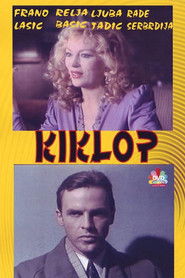 Melkior Tresic is one of many...
Melkior Tresic is one of many...Cyclops 1982
Melkior Tresic is one of many intellectuals in 1941 Zagreb who is helplessly waiting for the encroaching war.
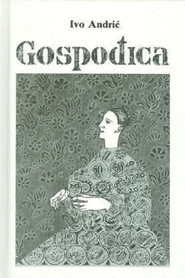 The adaptation of a lesser known...
The adaptation of a lesser known...The Woman from Sarajevo 1980
The adaptation of a lesser known novel by Nobelist Ivo Andric, which describes the life of a spinster who was overwhelmed by a single passion: avarice.
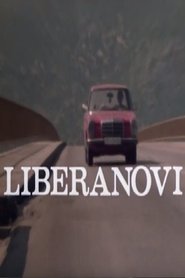 The father dreams that at least...
The father dreams that at least...The Liberanos 1979
The father dreams that at least his son Grga will return from Germany to his homeland because his second son is an employed Party member, lives in the city, and tries to push through some new projects in his village which traditional environment is opposed to.
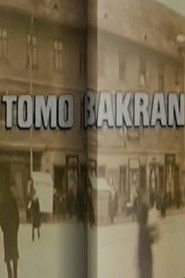 A projection of the situation in...
A projection of the situation in...Tomo Bakran 1978
A projection of the situation in monarchist Yugoslavia after the infamous Proclamation and the Law on the Protection of the State, when repression and police violence stifled any progressive idea. Inspired by some literary works of Miroslav Krleza.
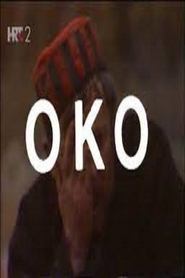 When Dr Lovro Furato accidentally fails...
When Dr Lovro Furato accidentally fails...The Eye 1978
When Dr. Lovro Furato accidentally fails to treat the injured eye of the peasant Barisa Surac, the whole silent conflict between the two worlds, rich urban and backward rural, will emerge to the surface.
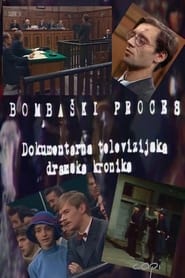 In 1928 young Communist activist was arrested...
In 1928 young Communist activist was arrested...Bombing Process 1978
In 1928 young Communist activist was arrested and put on trial for anti-state activity. Years later he became known as Tito, Communist president of Yugoslavia, and this TV-movie was made for the 50th anniversary of those events.
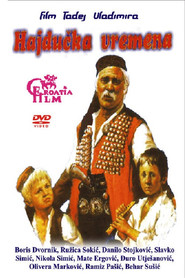 Sfaira 19711984 dedicated to Pythagoras and Plato...
Sfaira 19711984 dedicated to Pythagoras and Plato...Daredevil Times 1977
Sfaira (1971-1984) dedicated to Pythagoras and Plato is a homage to two of his favourite spheroids: the Earth and the Sun.
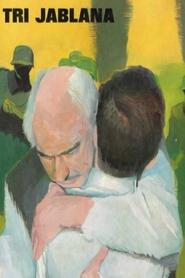 The film was created based on...
The film was created based on...Three Poplars 1976
The film was created based on the stories of Marino Zurl, head of humanitarian action of the weekly Arena newspapers, who from 1963 to 1971 was looking for the next of kin of children separated from their parents during World War II and taken to camps and shelters. Many of them later grew up in orphanages or foster families, like the three main characters of this film, Ana (Biserka Ipša), Nenad (Mustafa Nadarević) and Toma (Božidar Orešković). Each of them relates in a different way to the past and the possibility that, as young accomplished adults, they can finally solve the secret of their identity and meet members of their real families.
 Tena a young Slavonian woman becomes...
Tena a young Slavonian woman becomes...Tena 1975
Tena, a young Slavonian woman becomes aware of her own beauty which makes her fall into a state of moral decay. Her newly discovered promiscuity eventually makes her fellow villagers turn on her.
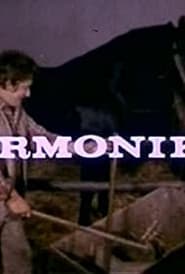 The action takes place in a...
The action takes place in a...The Accordion 1972
The action takes place in a village where police investigates a murder committed because of an accordion.

